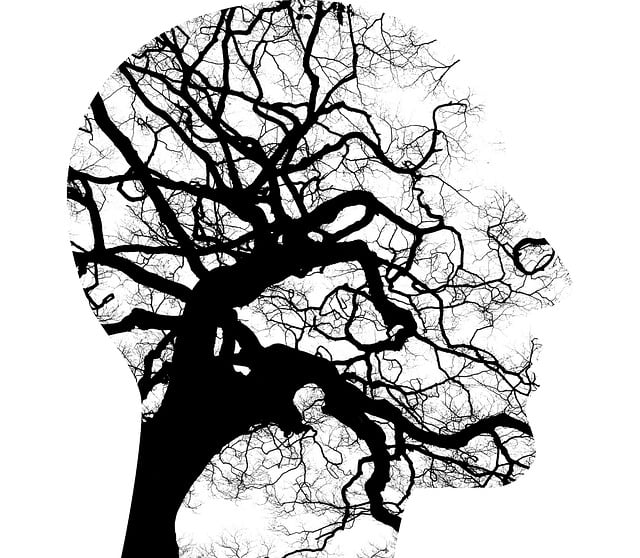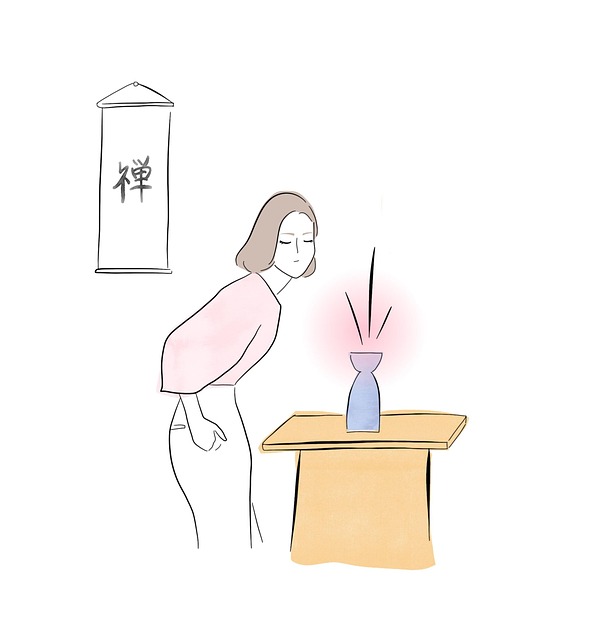Aurora Chronic Illness Therapy focuses on early depression prevention through public education, reducing stigma, and advocating for accessible support systems. They emphasize the importance of social connections, physical activity, and mindfulness in fostering mental wellness. Using evidence-based approaches like CBT and IPT, combined with tailored coping strategies and risk management planning, Aurora helps individuals challenge negative thoughts, strengthen relationships, and develop personalized mood regulation techniques to enhance resilience.
Depression is a prevalent and serious mental health condition, but it’s not invincible. In this comprehensive guide, we explore powerful strategies to prevent and manage depression, focusing on early detection, supportive environments, and effective therapy approaches. Learn how to recognize the subtle signs of depression, create a nurturing space for recovery, and discover evidence-based treatments like Aurora Chronic Illness Therapy to foster lasting well-being.
- Recognizing Depression: Early Signs and Symptoms
- Building a Supportive Environment for Prevention
- Effective Therapy Approaches for Chronic Illness and Mood Management
Recognizing Depression: Early Signs and Symptoms

Depression is a serious mental health condition that can impact anyone, but early recognition is key to effective prevention. The earlier depression is identified, the sooner tailored treatment and support can be accessed, helping to mitigate its severe consequences. While it may present differently for everyone, there are common signs and symptoms to look out for. These can include persistent feelings of sadness or emptiness, a loss of interest in activities once enjoyed, changes in appetite or sleep patterns, fatigue, difficulty concentrating, and feelings of worthlessness or guilt.
At Aurora Chronic Illness Therapy, we emphasize the importance of public awareness campaigns development to educate individuals on these early signs. By fostering open conversations about mental health, we aim to reduce the stigma associated with depression. Additionally, conflict resolution techniques can be valuable tools in managing stress and preventing depression, especially when combined with evidence-based treatments. Through Mental Health Policy Analysis and Advocacy, we also push for accessible and effective support systems on a societal level.
Building a Supportive Environment for Prevention

Creating a supportive environment is a powerful tool in preventing depression and promoting mental wellness. Aurora Chronic Illness Therapy emphasizes the significance of fostering an atmosphere that nurtures resilience and emotional health. This can be achieved through various means, such as building strong social connections, engaging in regular physical activity, and practicing mindfulness techniques. A supportive network of friends, family, or even a Mental Wellness Podcast Series can offer guidance and a listening ear when needed.
Incorporating routines that enhance mental wellness is another key aspect. Keeping a Mental Wellness Journaling Exercise can be an effective way to process emotions, track progress, and identify triggers. Simple activities like spending time in nature, practicing hobbies, or adopting healthy sleep habits contribute to overall well-being. By implementing these strategies, individuals can take proactive steps towards depression prevention and cultivate a more balanced and fulfilling life.
Effective Therapy Approaches for Chronic Illness and Mood Management

Depression prevention strategies often involve effective therapy approaches tailored to chronic illness and mood management. Aurora Chronic Illness Therapy leverages evidence-based practices such as cognitive behavioral therapy (CBT) and interpersonal therapy (IPT) to help individuals cope with the unique challenges of living with a chronic condition. CBT equips patients with tools to challenge negative thought patterns, while IPT focuses on improving relationships and social support networks, both crucial aspects of mental wellness.
Risk management planning for mental health professionals is integrated into these therapeutic frameworks. Self-awareness exercises and mental wellness journaling exercises guidance encourage individuals to track their moods, identify triggers, and develop personalized coping strategies. By fostering self-reflection and proactive risk management, these practices enable better mood regulation and overall mental resilience.
Depression prevention is a multifaceted approach that begins with recognizing early signs and fostering a supportive environment. By understanding the importance of therapy in mood management, individuals can effectively navigate and overcome challenges associated with Aurora Chronic Illness Therapy. Integrating these strategies can lead to improved mental health and enhanced overall well-being, ensuring a brighter and more resilient future.













